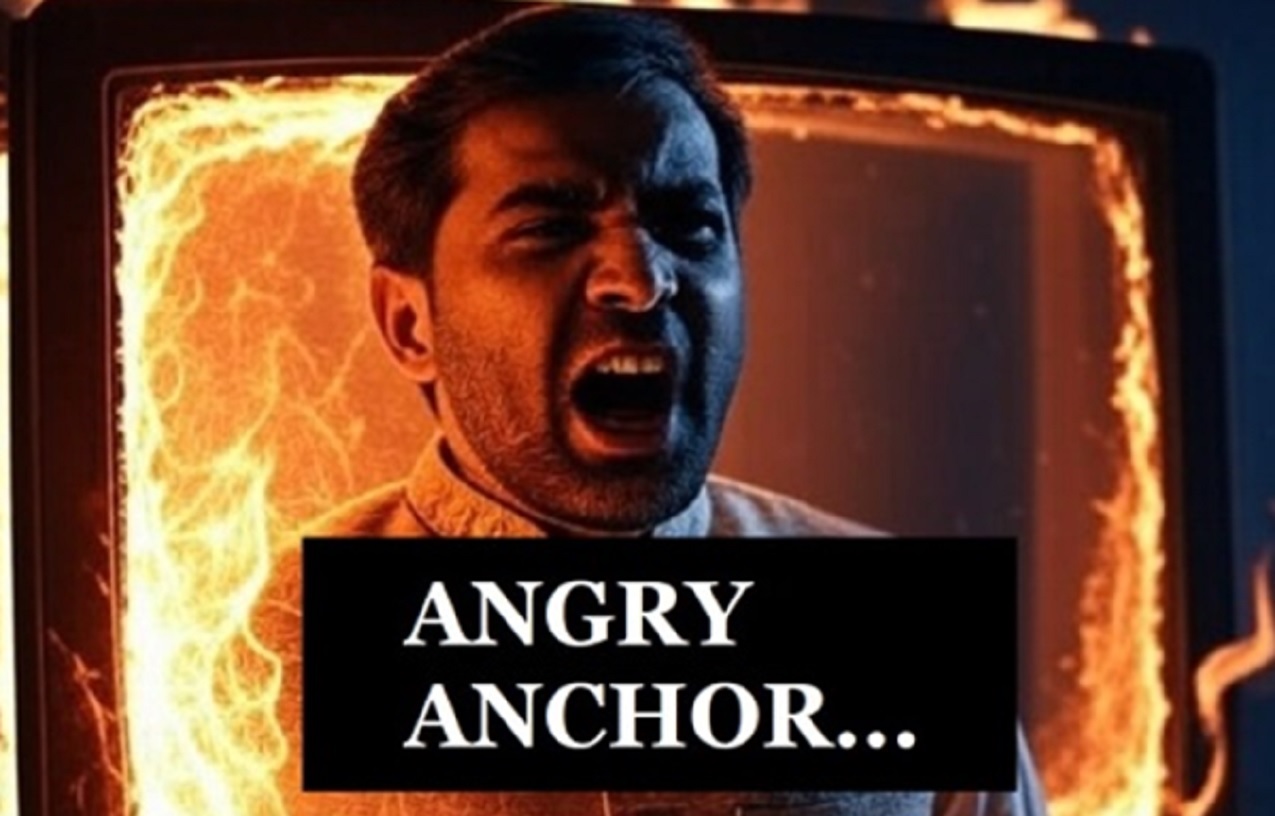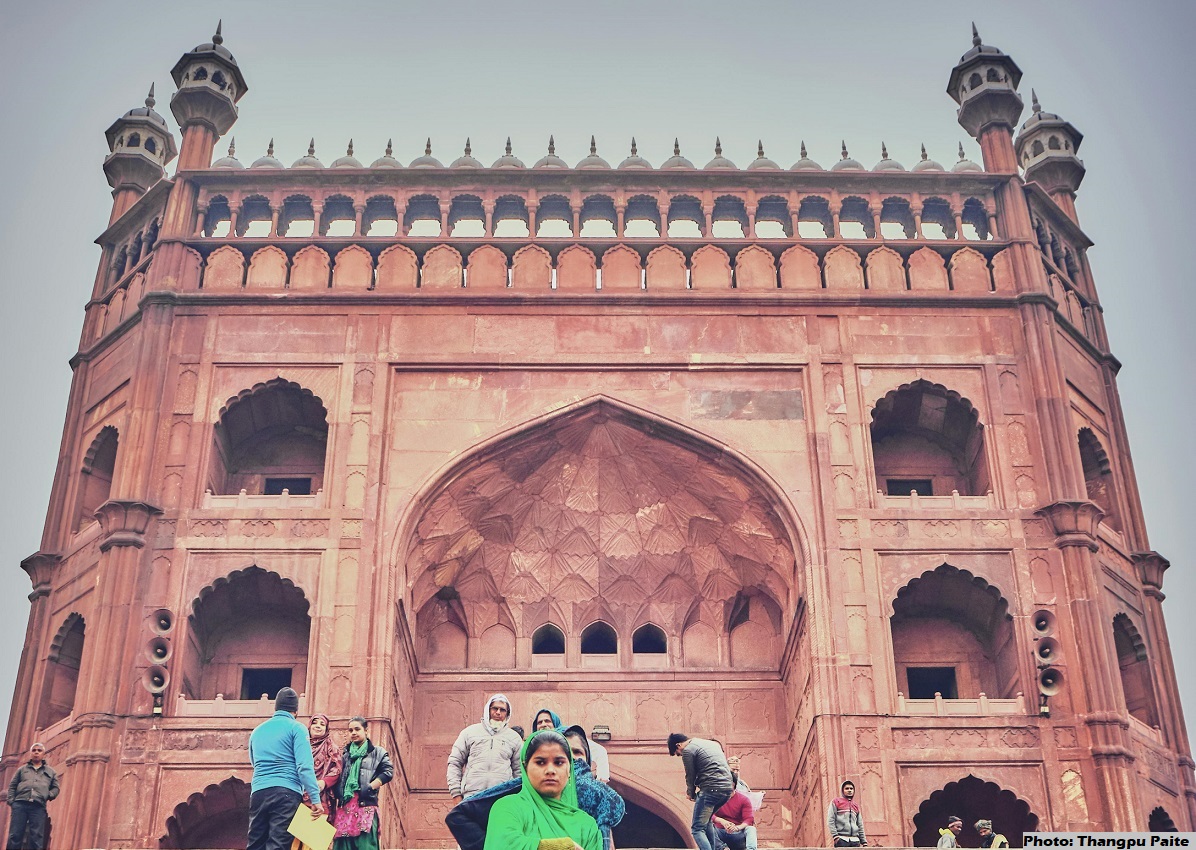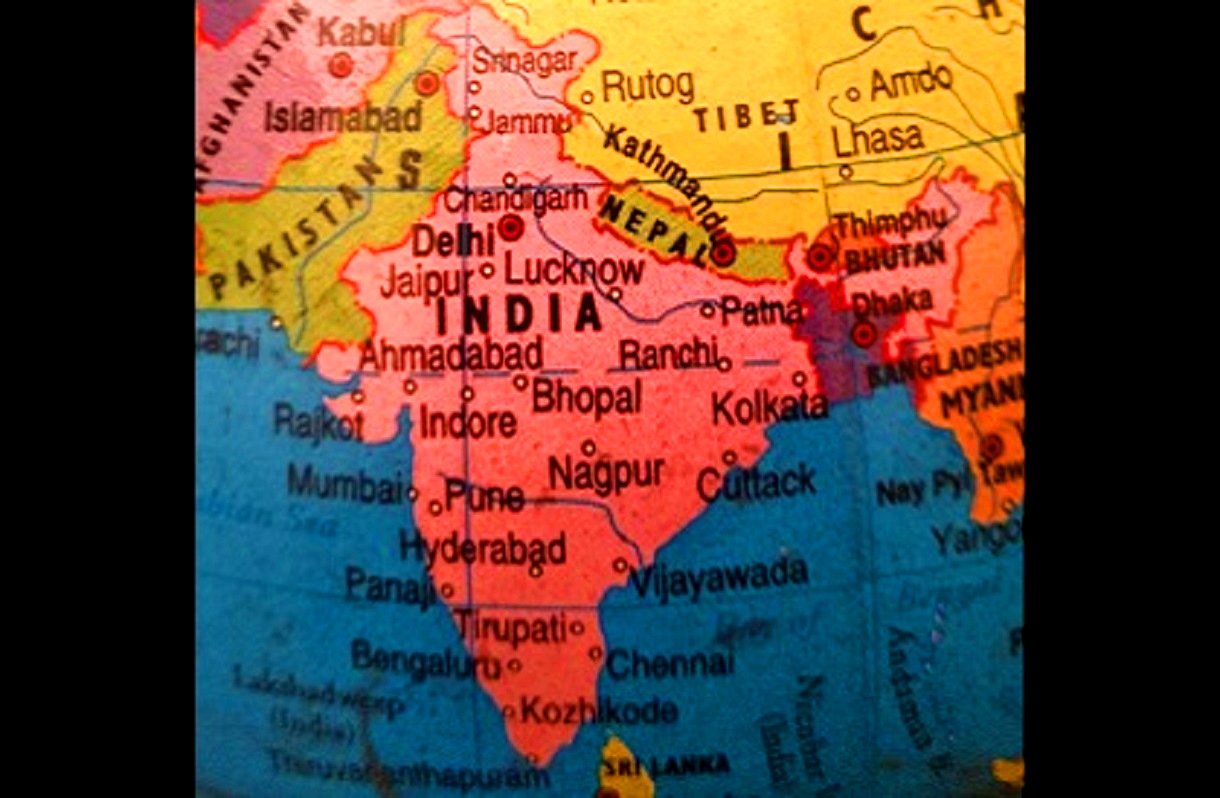By Asad Mirza
editor@asiantribune.net
We had recently seen an unprecedented escalation of tension between two nuclear powers–Indian & Pakistan. The situation
was exacerbated after the Pahalgam attack in which 26 civilians were killed.
India carried out Operation Sindoor on the night of May 6-7. Subsequently, Pakistan launched a series of drone attacks & was involved in heavy shelling along the Line of Control (LoC).
India responded to this aggression on the second and third day, too and a ceasefire was declared on the fourth day i.e. May 10.The country’s political and military leadership adopted a principled stand of not toleratingany terrorist activity on the Indian soil, and showed its commitment of giving a fitting reply to any such offensive, further boosted by its diplomatic outreach.
However, another pillar of any functioning democracy i.e. the media – particularly the electronic media showed its immaturity by broadcasting often inaccurate and speculative information, in addition to completely unnecessary analyses. Despite a circular issued by the government not to report sensational and unconfirmed news, TV channels have now scripted a completely newecosystem of reporting. It is devoid of journalistic standards.
In this they were helped by the dime a dozen defence and strategic affairs experts, who while offering an insight or analysing the given situation offered their own biased and sensational insights of the unfolding events.
Following the TV channels was the social media, which in India has evolved it own unique ecosystem of peddling unconfirmed and largely false news, besides every lay man posing as a security expert offered own twisted interpretation of the unfolding the events.
One such issue being discussed on some TV channels, most social media platforms and even in some newspapers was the question that which country is going to favour whom or in other words, which Islamic countries are going to support Pakistan, if a war really starts between two nuclear powered countries.
These experts or pundits with no clue of the warfare or the geo-political realities, transformed the whole question of support, based on religion, i.e. which Islamic country is going to support and help Pakistan and which will help India.
There is a fine line that exists between journalism and tabloid style reporting that focuses on bold headlines or angry and shouting people, raising issues just to catch attention, without giving any importance to authenticity.
Some of these ‘experts’ clubbed all Muslim majority nations as Islamic countries. Many Arab countries support India. In real sense, international diplomacy is a nuanced arena where overt alliances often mask complex strategic calculations. For instance, while countries like Turkey and China have supported Pakistan at multilateral forums, their positions are also driven by broader geopolitical rivalries and their own regional interests.
These experts also wondered whether countries like Saudi Arabia, UAE, Turkey, Iran, Oman, Qatar will support Islamabad in the name of Ummah or the global community of Muslims?
They forget that there is no Ummah in this political sense. The bigger question was whether the Islamic countries will nurture their own economic and geopolitical benefits by standing aloof and limit their support to rhetoric? Based on their regional aspirations and geopolitical interests their responses varied but the messaging was the same.
In the current conflict, Saudi Arabia – the so-called leader of the Islamic world chose diplomacy as the ultimate tool.
Gulf nations have invested billions of dollars in India to diversify oil-based economy, so its commitment to India and to safeguard the Indian interest are much larger, and it showed in support to India. Saudi Arab has invested more in India, compared to Pakistan. Millions of Indians are employed in Gulf.
Saudi Arabia currently has bigger investment plans for India rather than Pakistan, in addition to employing over 2.6 million Indians working in the country. In fact, when the Kashmir attack unfolded, PM Modi was in Jeddah to discuss the India-Middle East-Europe Economic Corridor and advance an investment deal worth $100 billion.
Further, on Thursday (May 8), Saudi Arabia’s Foreign Minister Adel Al-Jubeir made a surprise visit to India to meet External Affairs Minister S. Jaishankar. Similarly, UAE has already announced plans to Iran made its intentions clear by sending Foreign Minister Abbas Araghchi to Pakistan and India to hold talks and de-escalate the tension.
At present, India is delivering on an agreement to develop and operate the Shahid Beheshti terminal at Chabahar Port, including a $120 million investment and a $250 million credit line for infrastructure development. In this background Iran cannot jeopardise its interests with India.
A campaign was seen against Turkey, as Pakistan used some of the Turkish-made drones in its attacks against India. But this fact does not prove that Turkey would have supported Pakistan in its every military campaign. In fact, India’s trade with Turkey, has seen significant growth in recent years, with bilateral trade reaching $10.43 billion in FY2023-24, whereas Turkey’s trade with Pakistan reached a historical high of $1.4 billion only last year.
The bold stand taken by India made it very clear that it will not tolerate any further terrorist threat. This stand was further supported by the diplomatic outreach by India, and after briefing the UK and US about the Operation Sindoor, it raised the issue with Saudi Arabia, Iran, UAE & other countries, most of whom supported India as evidenced by the priority given by both Saudi Arabia & Iran by involving their foreign ministers to initiate a dialogue between the two countries.
The lessons are very clear that the media – particularly electronic media needs to regulate and improve itself while following the journalistic ethos and norms. Just TRPs or eye balls will not help gain credibility.
Govt did well by deploying Col Sofia Qureshi as MoD’s spokesperson and acknowledging the contribution of every soldier who was martyred. India, as an emerging power with a difference, delivered a clear and assertive message to global powers, that now onwards India will play according to its own playbook. Hope, world takes notice of it positively.
[The author is a New Delhi-based senior commentator. The views are his own.]




